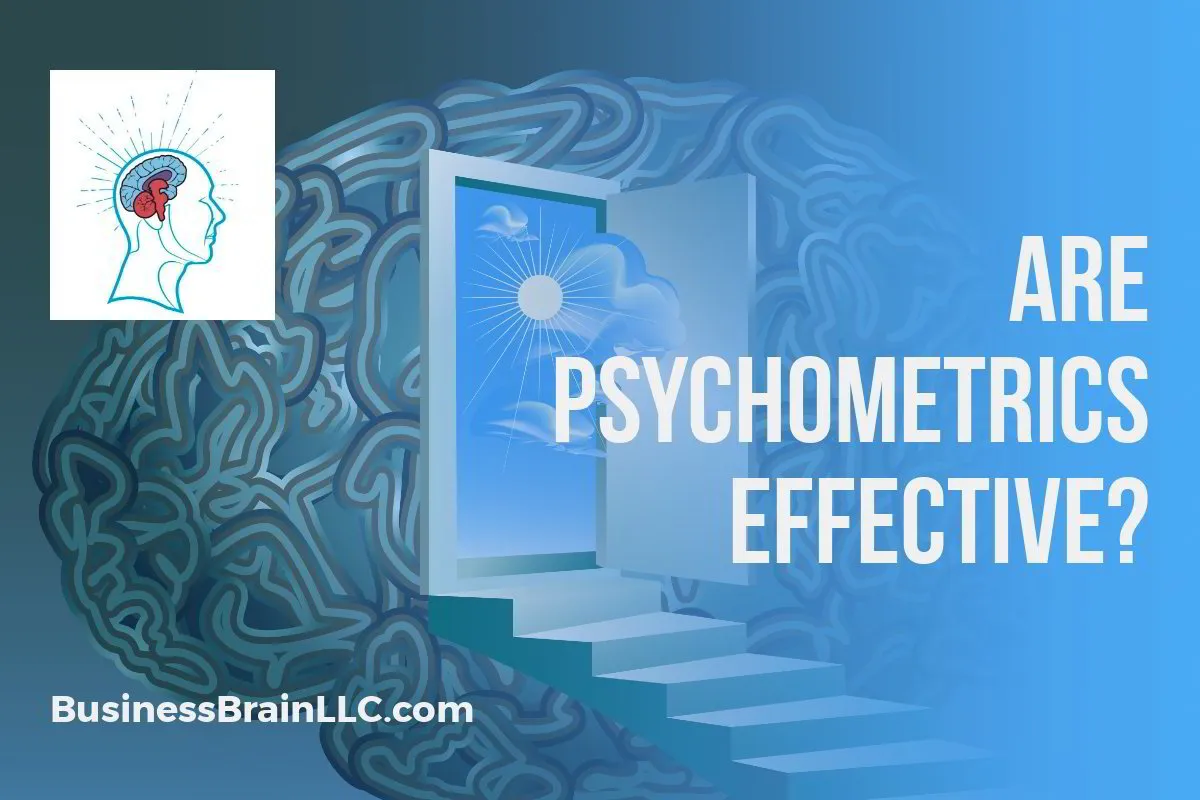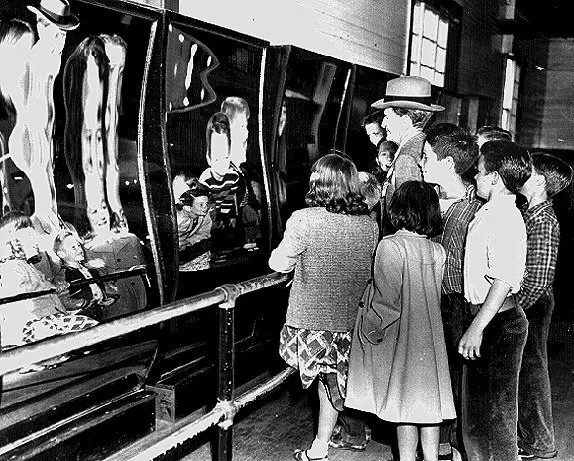Imagine you could talk directly to the brain of your co-worker, your customer or your spouse? Do you think understanding the inner workings of the mind of another person might improve your ability to communicate with them?
The obvious answer is YES! However, how would someone gain access to the inner mind of another? Might sound invasive initially but it's actually a normal desire. That is because humans became the dominant species on our planet, not because we have the biggest claws or fangs, but by evolving to co-operate with each other. Understanding how people think, act and behave usually falls under the general term - "psychology". Yet if you don't study and practice psychology you likely agree with the quote below-
Now you probably have never heard of Mr. Cattell but he was a pivotal, and controversial, figure who worked to take the concepts used in psychotherapy and psychology and convert them into statistical and predictive data, aka psychometrics.
Psychometrics refers to psychological measurement. Generally, it refers to the field in psychology and education that is devoted to testing, measurement, assessment, and related activities.
- National Council on Measurement in Education (NCME)
Most likely you have encountered an psychometric test before - an aptitude test, a personality test, or a career assessment in high school. What most of the tests have in common is they require the assessor to self identify through questions, information that one might think is obvious.
As Hamlet said - "ay, there’s the rub!" The fundamental flaw in all humans is that we all seem incapable of properly seeing ourselves objectively. Additionally, we form relationships where we often minimize (or maximize) the flaws of our companions.
Most of what we perceive is a distorted reflection, like the family viewing themselves in the funhouse mirror above. In psychometrics we work to minimize the distortions and generate the most scientific analysis of the human mind we are currently capable of. A good psychometric test will provide insight that can be used to improve self awareness and communication. Teams can be designed according to talents and skill sets based on psychometrics and leaders can better learn how to inspire their teams and associates.
 However psychometrics has detractors who claim the test are too unreliable. This might have been the case in the past, before the insights achieved through multiple disciplines in recent decades. For example we have learned more about the thinking brain in the last 10-15 years than in all of previous human history. A blizzard of the new technologies using advanced physics—resulting in scans and tests we know as fMRI (seen on the left), EEG, PET, DBS, CAT, TCM and TES—have allowed scientists to observe thoughts as they ricochet like a pong ball inside the living brain, and then begin the process of deciphering these thoughts using powerful computers. (1)
However psychometrics has detractors who claim the test are too unreliable. This might have been the case in the past, before the insights achieved through multiple disciplines in recent decades. For example we have learned more about the thinking brain in the last 10-15 years than in all of previous human history. A blizzard of the new technologies using advanced physics—resulting in scans and tests we know as fMRI (seen on the left), EEG, PET, DBS, CAT, TCM and TES—have allowed scientists to observe thoughts as they ricochet like a pong ball inside the living brain, and then begin the process of deciphering these thoughts using powerful computers. (1)
It is not only Neuroscience that is leading the way, advanced research in psychology, neuroscience, education, the social sciences and related fields of study have all informed modern psychometric testing. Some companies are using psychometrics, but most are still not capitalizing on the vast possibilities they offer.
Currently it is HR managers that are driving psychometric use during the recruiting process, according to the the Association of Graduate Recruiters, who reported that 92% of employers in UK surveyed considered psychometric testing an important tool for recruitment.
That being said, why are psychometrics not being using more to achieve high performance in the workplace? This brings us back to Mr. Cattell, if the business owner, executive or manager thinks they are going to get psychometric results that describe what they already know in a language no one understands, why bother?
This is why the type of assessment, the person debriefing the assessment and the context really matter. For example having an HR manager test sales teams will not be effective unless the HR manager has significant, relevant sales experience. Likewise having a consultant who has never managed a team doing a leadership assessment is futile.
A tool is only as effective as the one who wields it. Don't blame psychometrics because there are so many unqualified users, find a professional that can make them work for you. This is why at Business Brain we ensure a consultant only works in environments they have direct experience in and we work closely with each client to tailor the project to their exact needs. All our consultants are certified in the tools they use and have the people skills to inspire transformation.

In the coming decades expect psychometrics to become even more effective as we start to include AI (Artificial Intelligence) in designing assessments and aggregating results. However, I doubt robots will ever be really good at coaching and training humans, at least not until they become indistinguishable from us. Hopefully, that is still some time away despite what Sci-Fi would have us believe.
- Elias Arjan 2018
1 - The Golden Age of Neuroscience Has Arrived - Wall Street Journal
Request Our Free
Psychometric Whitepaper



